Blog
All of our Blog Posts

We’re Hiring an Office Administrator – Join the Team!
Office Administrator We’re looking for an administrator with responsibility for the development of systems supporting course programme delivery. This a fixed-term, full-time post providing administrative support to the Poetry School’s core course programme, with additional responsibility for assessing and developing the systems supporting the delivery of the School’s programme, including its web-based databases. In the…
Read More
Review: ‘Who Is Mary Sue?’ by Sophie Collins
I admit, I experienced intense feelings of estrangement and disruptedness during my first reading of Who Is Mary Sue? (Faber). A kind of physical, alienating panic took hold and I struggled with a sense of being constantly dislodged from my usual reading habits and processes. The allusive, allegorical mode is realised through a very quiet approach…
Read More
Summer School 2018
Get your towels ready, it’s about to go down! Our Summer School is back, and this year is better than ever. So dust off that bathing suit and dive into a week of half-day workshops running 23 – 27 July. This time around we’ve collaborated with Rachel Long, poet and founder of Octavia – Poetry…
Read More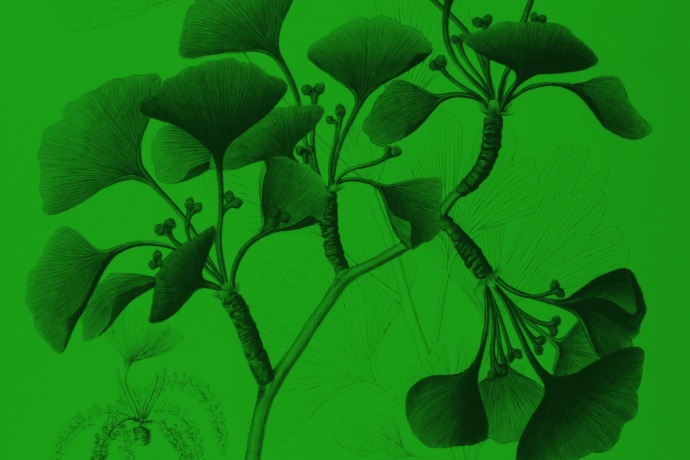
Ginkgo Prize for Ecopoetry Open for Entries!
The Poetry School are delighted to announce the Ginkgo Prize for Ecopoetry. The Ginkgo Prize, formerly known as the Resurgence Prize, is a major international award for poems embracing ecological themes. The judges are poet and Poetry School co-founder Mimi Khalvati and another judge soon to be announced. The first prize is £5,000, second prize…
Read More
Review: ‘Pamper Me To Hell & Back’ by Hera Lindsay Bird
The review of Hera Lindsay Bird’s pamphlet Pamper Me To Hell & Back that I’d really like to write, my ideal review, would be a long list of the poems’ flaws and failings, a whole bunch of intellectual and even occasionally personal criticism, and then at the end there’d be a very large, badly lit…
Read More
Review: ‘A Perfect Mirror’ by Sarah Corbett
Exploring themes of location and dislocation, Sarah Corbett’s A Perfect Mirror (Liverpool University Press) finds connections in unlikely spaces, refracting global concerns through local attachments. This short collection finds its genius loci in the landscapes of West Yorkshire and the English Lake District, but its thematic concerns are much broader: seeking to create resonances with both…
Read More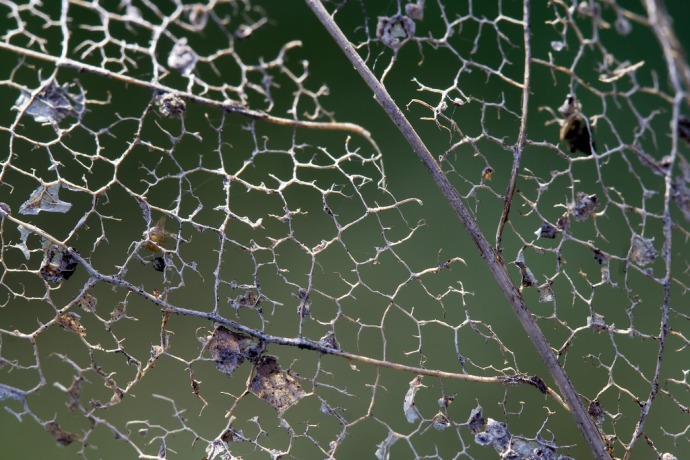
Review: ‘City of Bones: A Testament’ by Kwame Dawes
I read City of Bones (Northwestern University Press), over 200 pages of poems, in one sitting. I was completely held by this heart-full incantation, this uncompromising, philosophical and allusive series of narrative, lyrical and elegiac poems that ventriloquise the ‘multitudes of souls urgently and forcefully singing, shouting, groaning, and dreaming about the African diasporic present and future.’…
Read More
Review: ‘An Ocean of Static’ by J.R. Carpenter
In between the billows of foaming brine, tucked away behind stacks of salt, lurks the pearl of a poetic endeavour completely unlike any other. An Ocean of Static (Penned in the Margins) is the debut collection by digital writer J.R. Carpenter, whose cryptic stream of ever-shifting code spectacularly reinvents the seascape. From the late 15th century…
Read More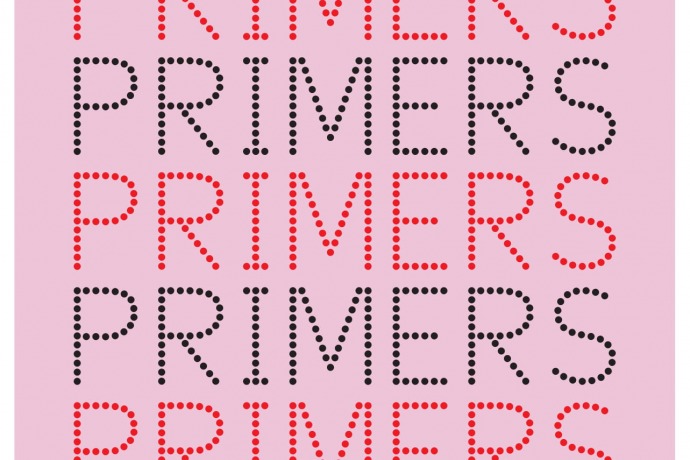
Primers: Volume Four Mentoring and Publication Scheme Open for Entries
The Poetry School and Nine Arches Press are excited to announce that Primers Volume Four is now open for entries. Primers is an annual mentoring and publication scheme organised by the Poetry School and Nine Arches Press. It provides a unique opportunity for talented poets to find publication and receive a programme of supportive feedback,…
Read More
’17 Forensic Ways I Know You’
D18S51, There is no-one like you. There is a 1 in a quintillion chance of there being someone like you, but still not you. I would know, with every sense I would know D21S11, I could pick the bouquet of your sweaty t-shirt from a line-up of sweaty t-shirts D3S1358, Who else would naturally select…
Read More
What is a Metic Poet?
The question most writers ask me at the beginning of a Metics workshop is ‘What is a Metic?’. The simple answer usually is: You are! A fish does not know it’s a fish until it leaves the water. The term ‘Metic’ means a foreigner whose allegiances are split between their homeland and their new country. Metic is a Greek word, which we might…
Read More
Review: ‘The White Book’ by Han Kang (trans. Deborah Smith)
This new book in English from South Korean writer Han Kang may be hard to categorise but it does have a story, which should reassure anyone worried that a text on the colour white (or non-colour white, depending on how you look at it) will be insubstantial. As it turns out, this diary-cum-sketchbook may be…
Read More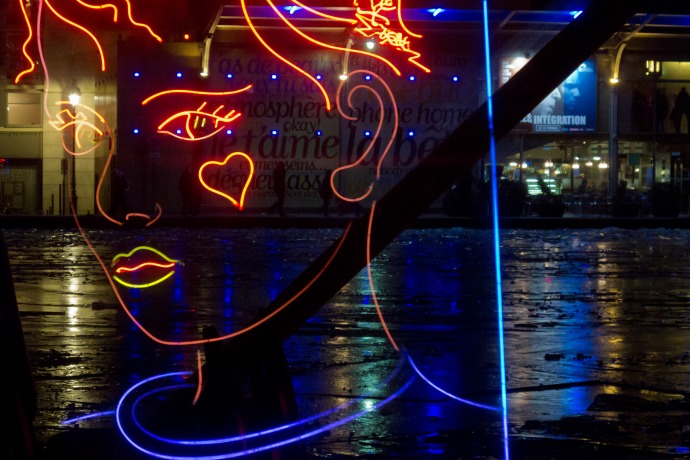
‘The Specular City’
The city caught me in strings of orange light. I left behind those still and airless years in which counting each slow hour of suburban dark I sat, wanting my life to take new shape. And so many silences, and the glances of strangers – cold weights on the skin I struggled beneath. Neons, night…
Read More
Ledbury Emerging Critics: Dzifa Benson reviews ‘Natural Phenomena’ by Meryl Pugh
Meryl Pugh is the award-winning author of two previous pamphlets, Relinquish and The Bridle, but Natural Phenomena (Penned in the Margins), her eagerly anticipated first full poetry collection, opens up new ground in the poet’s oeuvre. In the blurb, Pugh is described as “both futurist and flâneuse.” The future and society’s relationship to consumerism concern…
Read More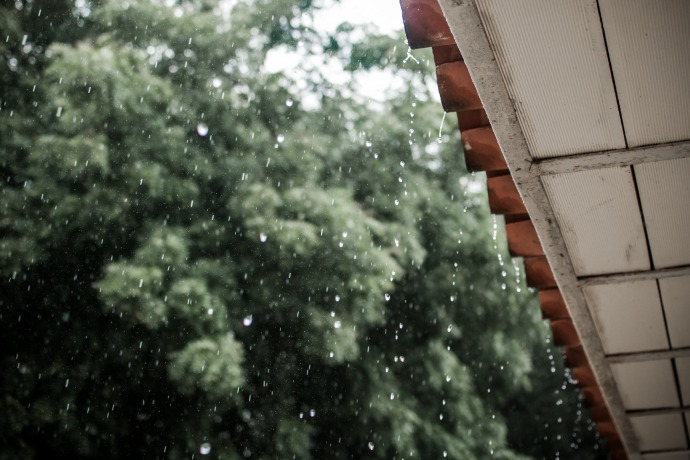
‘How to go home’
Drive back to the house where you were born. Open her old cookbook, press your fingers onto her pen’s scrawl. Take tweezers: tease a hair from your old doll’s clothes. Play a hymn, its melody clear as light
Read More
‘Being a true account of the voyage of Vincenzo Lunardi’
Fire Late September morning, and a chill in the Edinburgh air, but the gathering crowds are warm with wonder, and the ladies feverish for the hot-blooded adventurer – the man who knows how to fly. Thirty bottles of oil of vitriol into a vat of iron filings, and the limp sack of silk expands and…
Read More
Ledbury Emerging Critics: Jennifer Lee Tsai reviews ‘Three Poems’ by Hannah Sullivan
Within the context of contemporary poetry and modern poetic form, how does one begin to describe or characterise ‘free verse’? As an academic, Hannah Sullivan’s critical exploration of this question is evident in her stated research interests. She argues that ‘the prosody of modern poetry is, to a large extent, determined by practices of lexical…
Read More
‘Fairy Tales and Stepmonsters’
I wish I’d held your hand more often. it would have been easy. I wish I’d worried less and made a nest of my fingers for it to curl inside, it used to slip into mine anyway. Do you remember the models we made out of cardboard and paper? Rockets and market stalls and castles…
Read More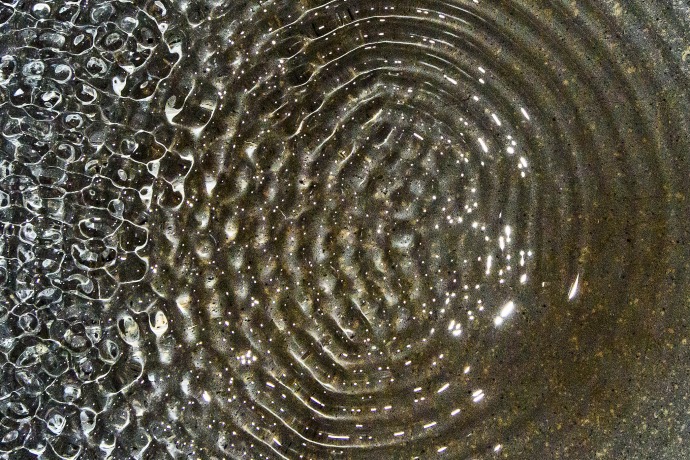
Talking Back: Poetry, Dialogue and Voice
In her 2017 collection Stranger Baby, Emily Berry stages a dialogue between voices living and dead, a sort of haunted (and haunting) psychodrama, both intimate and fiercely private: “I wish you would put some kind of distortion on my voice,” says the speaker in ‘The End’, “so people don’t know it’s me.” This is poetry…
Read More
‘Emma’s Attitudes’
“She is better than anything in Nature. In her particular way she is finer than anything that is to be found in antique art.” Sir William Hamilton Arachne Nursemaid, barmaid, perched on the Flintshire front stoop, weaving Bacchante Dancing at the Temple of Health and Hymen; atop Sir Harry’s table, deliciously displayed Circe John…
Read More
Review: ‘A Watchful Astronomy’ by Paul Deaton
The title of Paul Deaton’s powerful first full collection, A Watchful Astronomy, might strike the reader initially as something of a tautology – surely all astronomy is about keeping a vigilant eye trained on the night sky? Deaton’s approach is to look down the other end of the telescope at the minutiae of our earthly…
Read More
The Opposite House: But We Never Go In That Room!
[T]he borders of our minds are ever shifting, and…many minds can flow into one another, as it were, and create or reveal a single mind, a single energy. from ‘On Magic’ by W. B. Yeats. Childhood is a time when our brains are, as Yeats states, ‘ever shifting’. We are laying the…
Read More
Ledbury Emerging Critics: Srishti Krishnamoorthy-Cavell reviews ‘Don’t Call Us Dead’ by Danez Smith
Danez Smith’s Don’t Call Us Dead (Chatto & Windus) interrogates the present, exhumes histories and dares to imagine a future poised in anger, grace and freedom. It is unapologetic in its scope and tender in its pain. The politics is searing and the language hauntingly beautiful; Smith’s is a craft of lacerating precision. This collection is…
Read More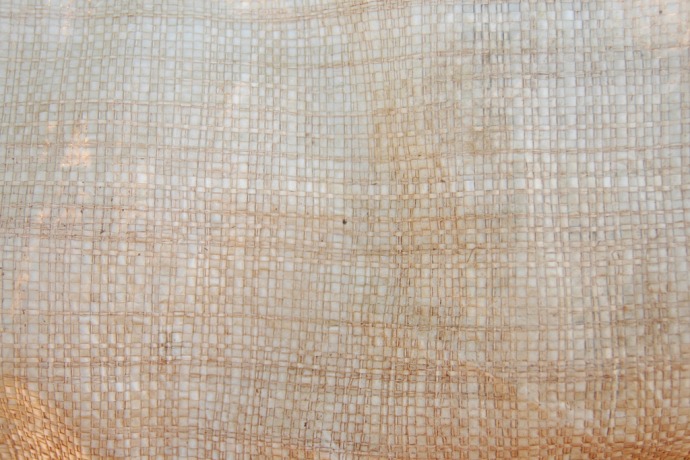
Ledbury Emerging Critics: Mary Jean Chan reviews ‘Shrines of Upper Austria’ by Phoebe Power
As one of the four Poetry Book Society Spring 2018 Recommendations, Phoebe Power’s debut collection Shrines of Upper Austria (Carcanet Press, 2018) sings with a variety of different notes, ranging from the gruesome details of an Austrian murder case to a moving sequence written in the voice of Power’s Austrian grandmother, Christl, who left for…
Read More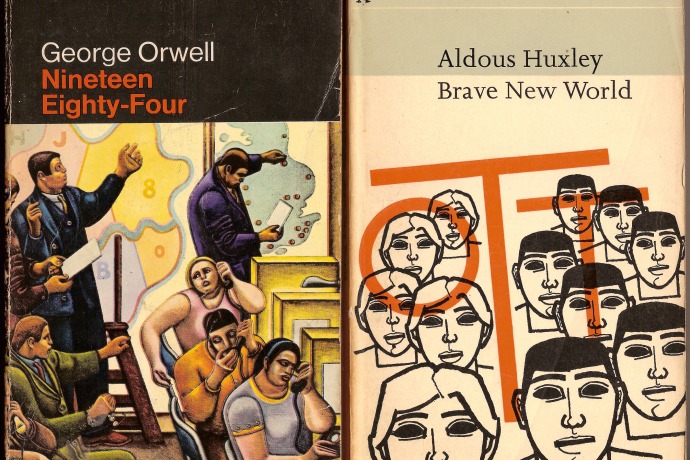
Fully Automated Radical Pessimism
Some of my favorite books to teach are dystopian, like George Orwell’s 1984, M.T Anderson’s Feed, Lois Lowry’s The Giver, and Emily St. John Mandel’s Station Eleven. All of these books inform my work, but especially Station Eleven. In the book, Mandel asks the question: what would survive in the end of the world? Shakespeare…
Read More